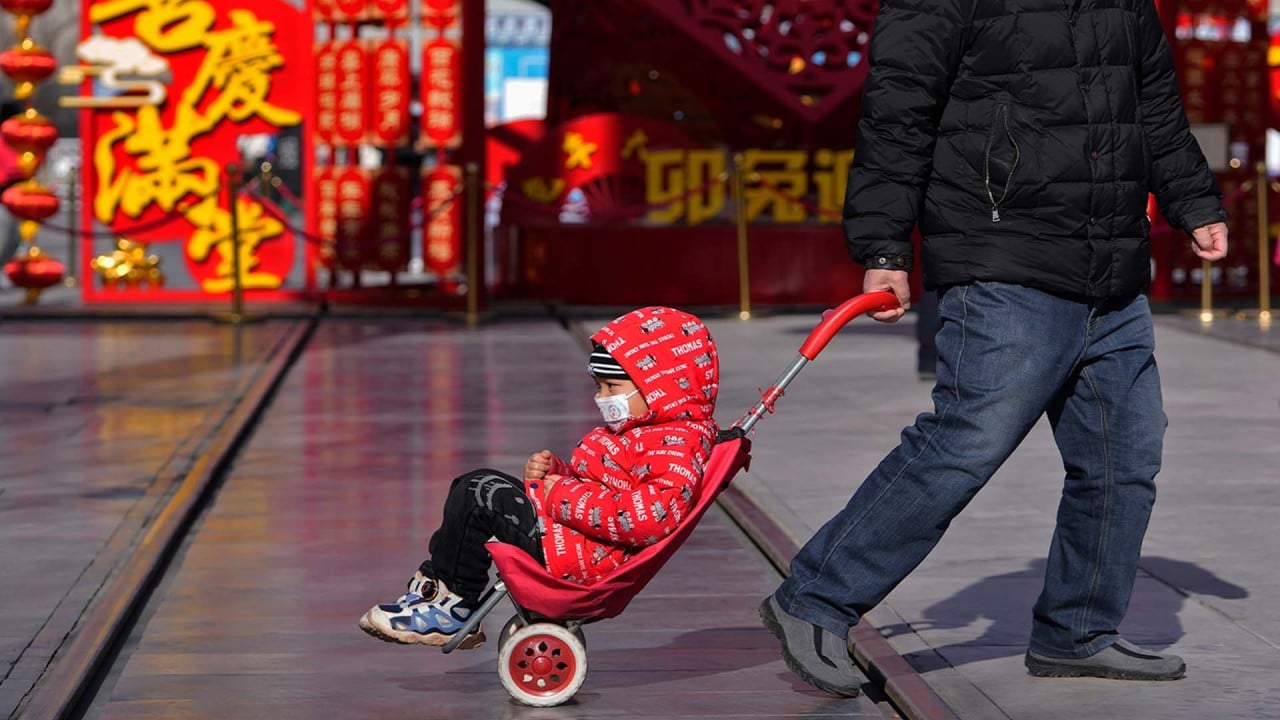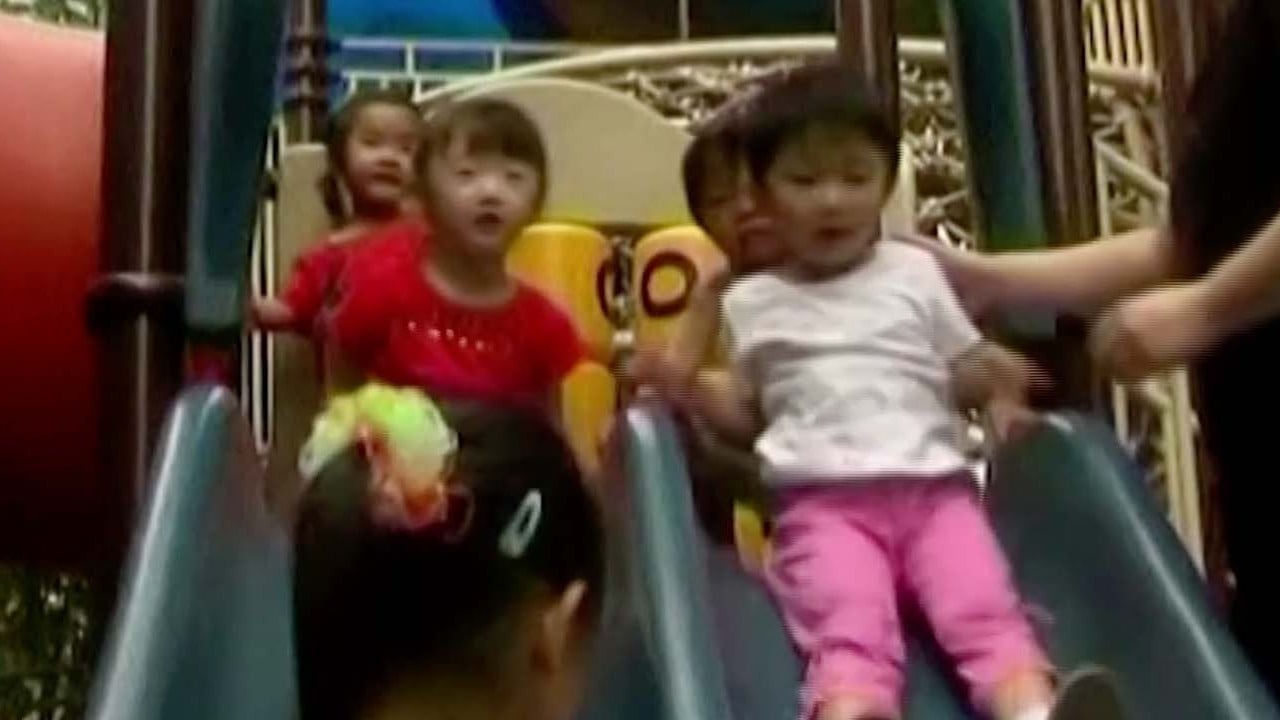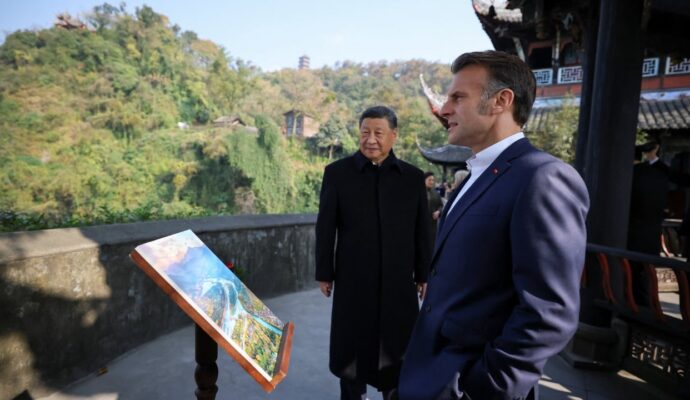Professor Zeng Yi, a population expert at Peking University’s National School of Development, said the rising number of adults living alone was “very worrying”.
He urged people to stop promoting such lifestyles in the media because it would lead to “a large group of empty-nest elderly people” and an “accelerating decline in the working-age population”.
“Traditional values about family have encountered tremendous challenges, but the thousand-year-deep roots of respecting the elderly and caring for the young are still there,” he said, adding that “correct guidance” from the government could reverse the “harmful tendency”.
Wang Peian, party secretary of the China Family Planning Association, made a similar appeal in an article published in March in the journal Population and Health, which is published by the National Health Commission’s China Population and Development Research Centre.
“We should greatly promote the traditional virtues of the Chinese nation and the social respect for producing offspring, encourage couples to share child-raising responsibilities, and eliminate bad customs such as high bridal prices,” he wrote, while also warning about the influence of a “de-family” culture from the West.
“In the late 20th century, with the rise of individualism, feminism and materialism, the second demographic transition, featuring a disconnection between marriage, family and procreation, started taking place in Europe,” he said. “It had an extensive impact on the younger generation in China in the new century via globalisation and wide internet coverage.
“It came as a great blow to our traditional family culture, leading to a growing number of untraditional families such as those being single in old age, common-law partners, and ‘dual income, no kids’ couples.”
China recorded its first population decline in six decades last year and encouraging couples to have more children has been high on Beijing’s agenda.
India, with an estimated population of 1.42 billion, became the world’s most populous nation last month, according to the United Nations. China’s population last year was 1.41 billion.
Chinese policymakers started allowing families to have up to three children from 2021, and local governments introduced a range of preferential policies for those choosing to have more than two. But the national birth rate has fallen every year since 2016, hitting a record low of 6.77 births for every 1,000 people last year.
Yu Hai, a professor from Fudan University’s school of social development and public policy, said it was a global and irreversible trend for more people to say no to marriage and children.
“It’s not something that can be changed by cultivating a new culture, or refusing Western values,” he said.
“You may be able to make people not have babies, but it’s hard to force them the other way round,” Yu said, referring to China’s notorious one-child policy – enforced between 1980 and 2015 – which resulted in numerous abortions.
“Besides, it’s unfair to say Westerners do not value families. As far as I can see, family is of similarly high importance whether in the West or the East.”
He said a range of social issues lay behind the reluctance to marry and have children and he saw no signs of immediate improvement.
Just to list the top two things – one, raising kids has become an unbearable burden, and two, the education system keeps focusing on exams and not encouraging creativity at all
“Just to list the top two things – one, raising kids has become an unbearable burden, and two, the education system keeps focusing on exams and not encouraging creativity at all,” he said.
Marriageable young adults in China have long been worried about high child-rearing costs, including the pressure to provide children with extracurricular tuition. The cost of bringing up a child in China in 2019 was nearly seven times the country’s per capita GDP that year, far more than in the United States, according to a report issued last year by the Beijing-based YuWa Population Research Institute.
Growing caution about starting a family is not just an issue in major cities like Shanghai.
Hu Bing, a 68-year-old father of two daughters in Jiaxing, Zhejiang province, said his younger daughter, aged 35, had been a big headache because she was reluctant to date or marry.
“I was so concerned about her and kept pushing her, but after all these years, although there’s still no progress, I gradually realise maybe it’s a new way of life for their generation,” he said.
“Maybe marriage is not a must. I may just let her be, as long as she’s content with life.”
Chen found a similar change of mindset among her family and friends.
“My parents have stopped pushing me, too. They have learned to focus on themselves,” she said.
In my circle there are a number of people my age who enjoy being single. And there are even more among younger people who I know
She said demographers urging a return to tradition on family matters were “isolated from the public”.
“In my circle there are a number of people my age who enjoy being single. And there are even more among younger people who I know,” she said.
Chen said the multitude of living arrangements available seemed to be simply an inevitable result of economic growth.
“It’s natural in developed countries, not just in Western nations, but also in Asia,” she said. “When you dine in a Japanese restaurant, there are so many options for eating alone.”



